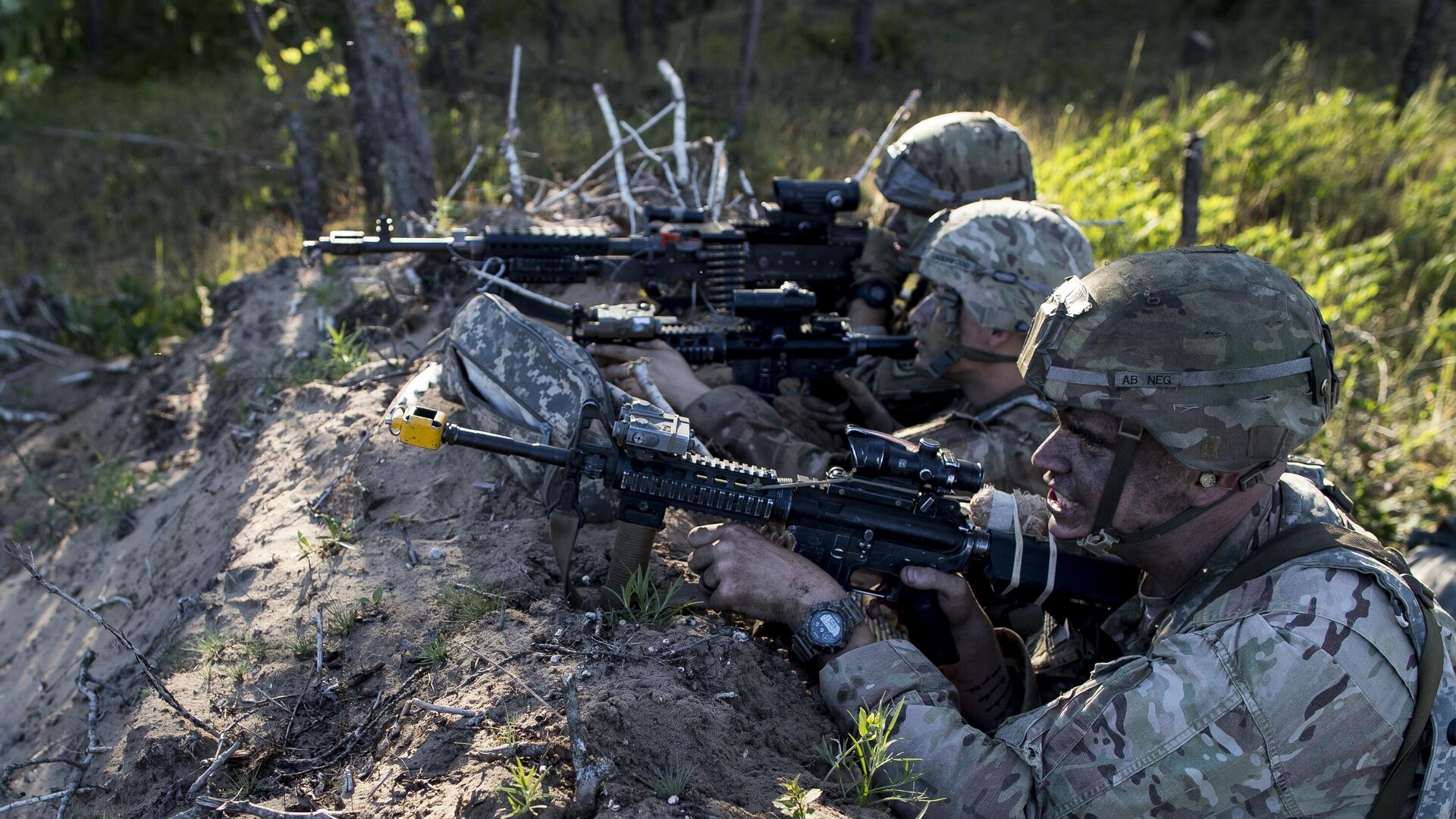https://sputnikglobe.com/20220912/worlds-lack-of-trust-may-return-everyone-to-a-system-of-confronting-blocs-uzbek-president-warns-1100672525.html
World's Lack of Trust May Return Everyone to a System of Confronting Blocs, Uzbek President Warns
World's Lack of Trust May Return Everyone to a System of Confronting Blocs, Uzbek President Warns
Sputnik International
MOSCOW (Sputnik) - The current system of international cooperation provokes geopolitical confrontation and creates risks of the revival of bloc thinking, Uzbek... 12.09.2022, Sputnik International
2022-09-12T08:32+0000
2022-09-12T08:32+0000
2022-09-12T08:32+0000
shavkat mirziyoyev
uzbekistan
confrontation
potential confrontation
https://cdn1.img.sputnikglobe.com/img/07e6/03/1d/1094285527_0:0:2975:1674_1920x0_80_0_0_f9690b2dff3349ab72435b9df340de3a.jpg
Mirziyoyev emphasized that the emerging process of mutual alienation complicates the return of the world economy to its former course of development and the restoration of global supply chains.Global climate shocks along with growing scarcity of natural and water resources, decline in biodiversity and spread of dangerous infectious diseases have exposed the vulnerability of societies as never before and, according to Mirziyoyev, no country alone can cope with these global risks and challenges.Uzbekistan, the current chair of the Shanghai Cooperation Organization (SCO), will host the annual summit in the city of Samarkand on September 15-16. The basis to SCO’s attractiveness is its non-bloc status and non-targeting against third countries or the international organizations, Mirziyoyev said, adding that therefore the number of states willing to cooperate with the organization is growing every year.The SCO is an international organization founded in 2001 by China, Kazakhstan, Kyrgyzstan, Tajikistan, Russia and Uzbekistan. In 2017, India and Pakistan were granted the status of permanent members as well. The SCO's observer countries include Afghanistan, Belarus, Iran and Mongolia, while the partner countries are Armenia, Azerbaijan, Cambodia, Nepal, Sri Lanka and Turkey. In July, Belarus submitted its application to join the SCO as a full-fledged member.
uzbekistan
Sputnik International
feedback@sputniknews.com
+74956456601
MIA „Rossiya Segodnya“
2022
Sputnik International
feedback@sputniknews.com
+74956456601
MIA „Rossiya Segodnya“
News
en_EN
Sputnik International
feedback@sputniknews.com
+74956456601
MIA „Rossiya Segodnya“
Sputnik International
feedback@sputniknews.com
+74956456601
MIA „Rossiya Segodnya“
shavkat mirziyoyev, uzbekistan, confrontation, potential confrontation
shavkat mirziyoyev, uzbekistan, confrontation, potential confrontation
World's Lack of Trust May Return Everyone to a System of Confronting Blocs, Uzbek President Warns
MOSCOW (Sputnik) - The current system of international cooperation provokes geopolitical confrontation and creates risks of the revival of bloc thinking, Uzbek President Shavkat Mirziyoyev said on Monday.
"The modern system of international cooperation, based on the universal principles and norms, begins to falter. One of the main reasons for this is a deep crisis of trust at the global level, which, in turn, provokes a geopolitical confrontation and the risk of reviving the bloc thinking stereotypes," Mirziyoyev said in a statement, published on the president’s website.
Mirziyoyev emphasized that the emerging process of mutual alienation complicates the return of the world economy to its former course of development and the restoration of global supply chains.
"The ongoing armed conflicts in different parts of the world destabilize trade and investment flows, exacerbate the problems of ensuring food and energy security," the statement read.
Global climate shocks along with growing scarcity of natural and water resources, decline in biodiversity and spread of dangerous infectious diseases have exposed the vulnerability of societies as never before and, according to Mirziyoyev, no country alone can cope with these global risks and challenges.
"There is only one way out of the dangerous spiral of problems in an interconnected world where we all live today — through a constructive dialogue and multilateral cooperation based on consideration and respect to the interests of everyone," the statement read.
Uzbekistan, the
current chair of the Shanghai Cooperation Organization (SCO), will host the annual summit in the city of Samarkand on September 15-16. The basis to SCO’s attractiveness is its non-bloc status and non-targeting against third countries or the international organizations, Mirziyoyev said, adding that therefore the number of states willing to cooperate with the organization is growing every year.
The SCO is an international organization founded in 2001 by China, Kazakhstan, Kyrgyzstan, Tajikistan, Russia and Uzbekistan. In 2017, India and Pakistan were granted the status of permanent members as well. The SCO's observer countries include
Afghanistan, Belarus, Iran and Mongolia, while the partner countries are Armenia, Azerbaijan, Cambodia, Nepal, Sri Lanka and Turkey. In July, Belarus submitted its application to join the SCO as a full-fledged member.

